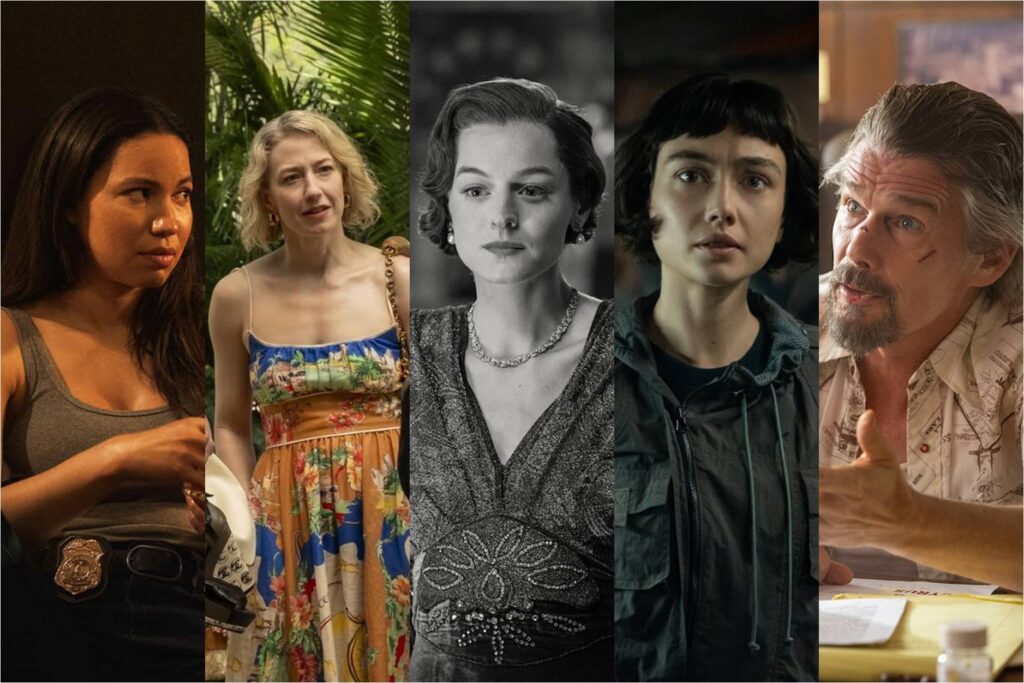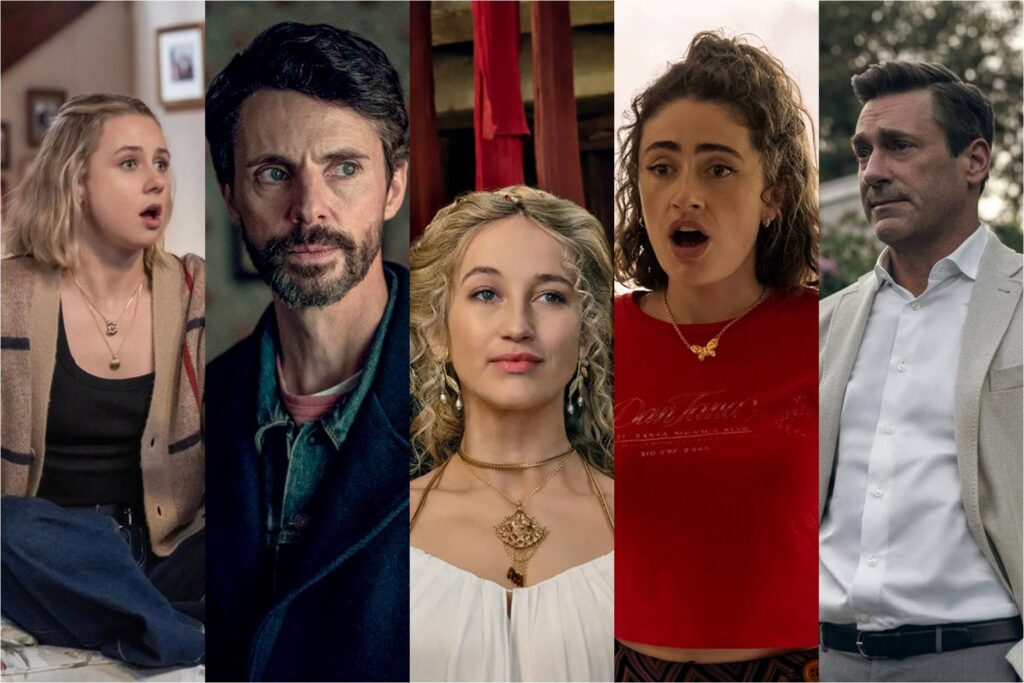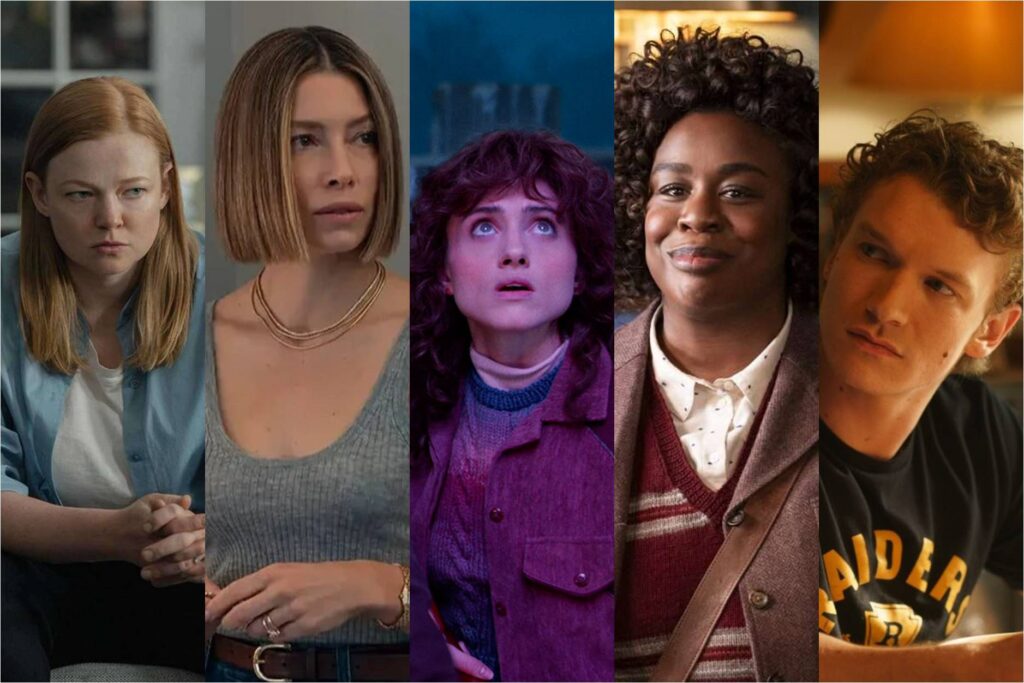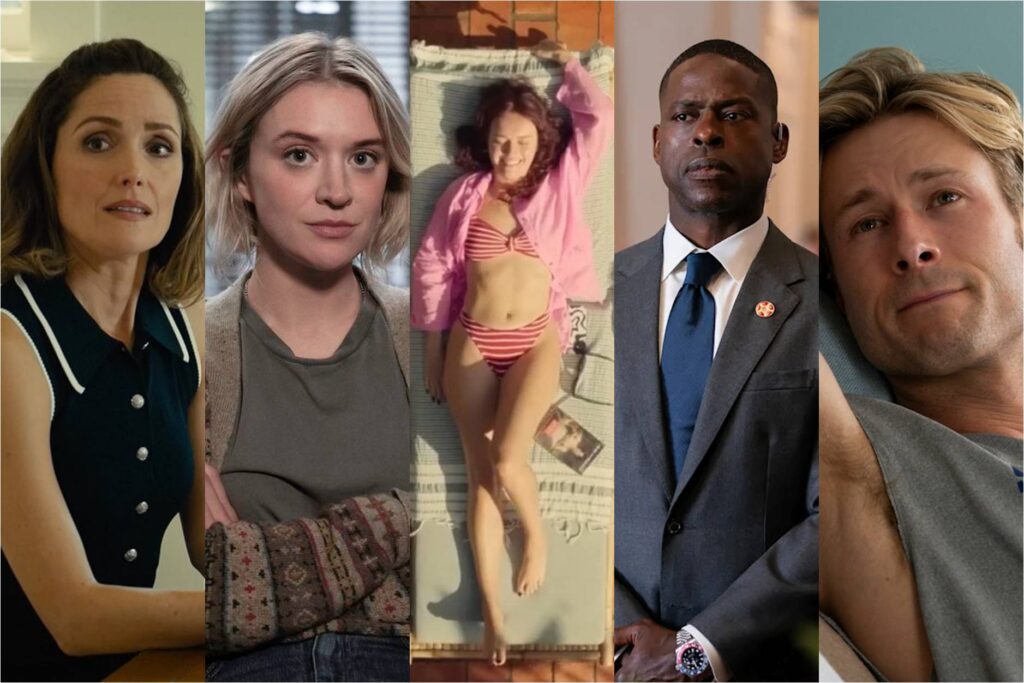The Best TV Shows of 2025
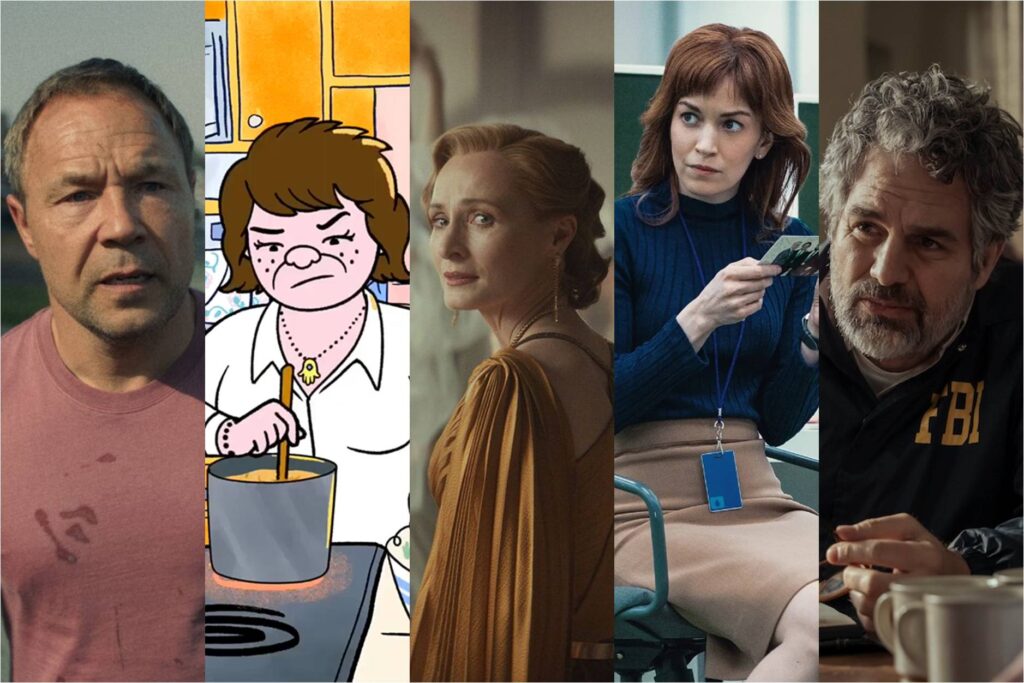
Maybe TV isn’t so mediocre after all. When I embarked on this annual exercise at the beginning of the week, I lamented how much modern television falls under the uninspiring umbrella of “content.” In terms of percentages, I still think that’s true, but the most recent subsets of these rankings reminded me just how many TV shows I genuinely enjoy watching, even if they’re far from perfect. Maybe the medium is in existential peril, but if it’s flaming out, at least it’s providing some quality entertainment while it burns.
Here are MovieManifesto’s top 10 TV shows of 2025:
10. Poker Face (Peacock, Season 2; 2023 rank: 6 of 94). The most significant discussion I heard surrounding this season of Poker Face occurred after it ended, when Rian Johnson revealed that Natasha Lyonne wouldn’t be returning and that he was contemplating replacing her with none other than Peter Dinklage. That could be amazing, but let’s be sure to celebrate what Johnson and Lyonne have already given us. Season 2 may lack the “Wow!” freshness of the inaugural outing, but it remains supremely enjoyable, embroidering its irresistible premise with punchy writing, sturdy execution, and a bevy of talented character actors. Despite a cute reveal in the finale, I don’t really care about the series’ long-form story, but Johnson doesn’t seem to worry about it either; he’s more focused on delivering tidy, absorbing episodes that leverage the show’s central conceit in canny and versatile ways. So maybe that planned Dinklage gambit will somehow pay off. To paraphrase a pop-culture hero from a different Johnson-related universe, never tell this show the odds. Read More

